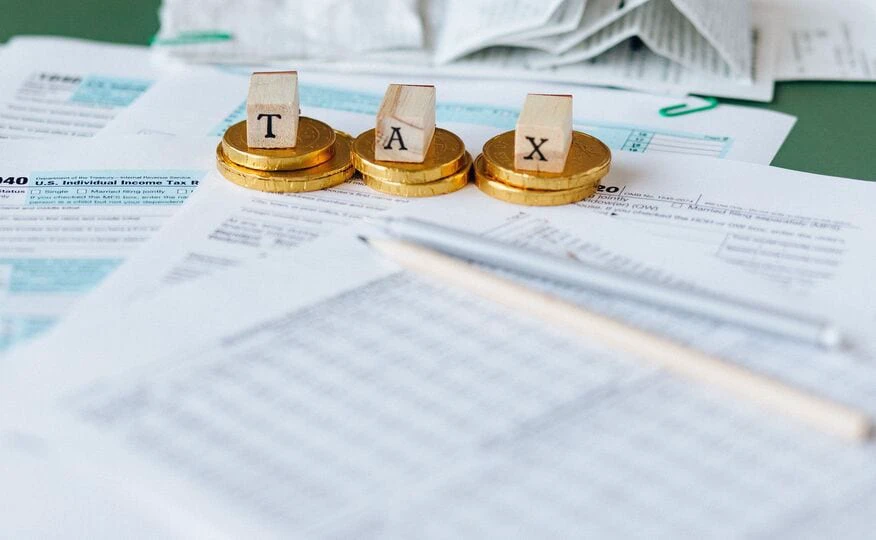During financial year 2024-25, if a taxpayer sold a capital asset, including a property or jewellery, they are liable to pay capital gains tax, subject to certain rules and exemptions.
The current rate of long-term capital gains tax, which came into force on July 23, 2024, is 12.5 per cent on all financial and non-financial assets. Here, we give a lowdown on capital gains tax and the related provisions:
Capital gains tax: Key points to know
I. Long-term capital gains: Listed financial assets will have to be held for more than a year, while unlisted financial assets and all non-financial assets will have to be held for a minimum of two years to be classified as long-term.
II. Exemption on financial assets: There is an exemption of ₹1.25 lakh on certain listed financial assets.
III. Tax rate on debt funds: Unlisted bonds and debentures, debt mutual funds and market-linked debentures, irrespective of holding period, will attract tax on capital gains at applicable rates, i.e., based on the tax slab.
IV. Short-term capital gain: On specified financial assets, there is a tax rate of 20 per cent. On all other financial assets and non-financial assets, the rate of tax would be the applicable rate.
V. Since when have these provisions been in force? The new provisions for taxation of capital gains came into force from July 23, 2024 and will apply to any transfer made on or after this date.
Earlier, there were three holding periods for considering an asset to be a long-term capital asset. Since July 2024, the holding period has been simplified. Now, there are only two holding periods: one year for listed securities and two years for all other assets.
VI. Exemption by reinvesting gains: One must reinvest the entire gains in a residential property to claim exemption, which is capped at ₹10 crore. Exemption can also be claimed by reinvesting the gains up to ₹50 lakh in bonds under section 54EC.
“Taxpayers must be aware that when the sale of an asset (that led to capital gain) and the repurchase of another asset take place in different financial years, then certain rules kick in. For instance, one has to invest the sale proceeds in the capital gains account if not invested within the financial year, and ITR due dates fall in between. Additionally, there is a cap of ₹10 crore on the maximum exemption which is allowed,” says CA Chirag Chauhan, a Mumbai-based chartered accountant.
In the case of capital gains on securities, it is important to reinvest the entire proceeds to claim the exemption, he adds.
